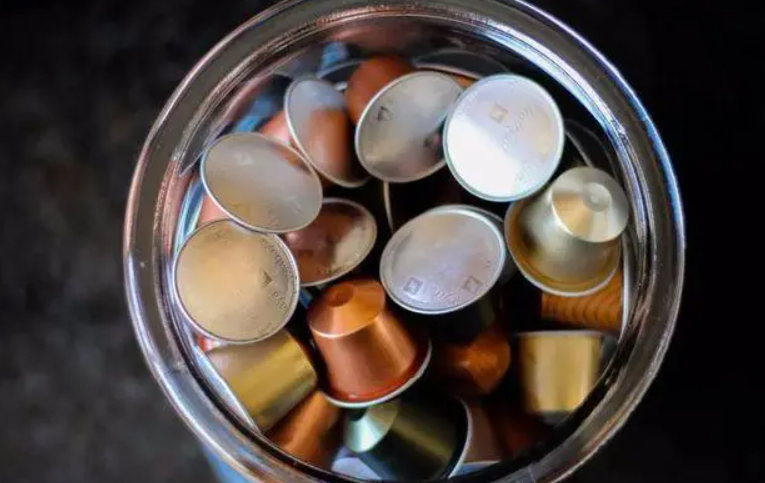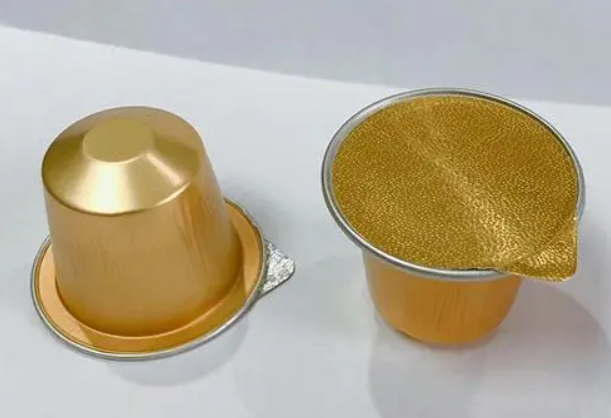In recent years, the popularity of single-serve coffee capsules has soared, offering convenience and variety to coffee enthusiasts worldwide. Among the various materials used in these capsules, aluminum stands out as a popular choice due to its durability, recyclability, and ability to preserve the freshness of coffee. However, questions have been raised regarding the safety and sustainability of aluminum coffee capsules, prompting a closer examination of their impact on health and the environment.

Safety Concerns
One of the primary concerns associated with aluminum coffee capsules is the potential for aluminum leaching into the brewed coffee. Aluminum is a ubiquitous element found naturally in the environment, but excessive exposure to it has been linked to health issues such as neurotoxicity. While studies suggest that the risk of aluminum leaching from coffee capsules is minimal, especially when capsules are lined with protective coatings, some consumers remain wary.
To address these concerns, regulatory agencies such as the Food and Drug Administration (FDA) and the European Food Safety Authority (EFSA) have established safety standards for materials in contact with food and beverages. Manufacturers of aluminum coffee capsules are required to comply with these regulations, ensuring that their products meet stringent safety criteria.
Furthermore, advancements in capsule design and technology have led to the development of improved barrier coatings, minimizing the potential for aluminum migration. Proper storage and usage of coffee capsules according to manufacturer instructions also play a crucial role in mitigating any potential risks associated with aluminum exposure.
Sustainability Considerations
In addition to safety concerns, the environmental impact of aluminum coffee capsules has come under scrutiny. While aluminum is highly recyclable, the process of mining and refining it can be energy-intensive and environmentally damaging. However, compared to other materials such as plastic, aluminum offers better recyclability and a lower environmental footprint.

Many coffee capsule manufacturers have implemented recycling programs to encourage consumers to dispose of their used capsules responsibly. By collecting and recycling aluminum capsules, valuable resources can be recovered, reducing the need for virgin materials and minimizing waste sent to landfills.
Furthermore, some companies have introduced compostable coffee capsules made from biodegradable materials as a more sustainable alternative to aluminum. These capsules break down naturally in composting facilities, offering a greener option for environmentally-conscious consumers.
Conclusione
Aluminum coffee capsules remain a popular choice for coffee lovers seeking convenience and quality. While safety concerns regarding aluminum leaching persist, stringent regulations and technological advancements help ensure the safety of these products when used as intended.
Moreover, efforts to improve recycling infrastructure and promote sustainable practices contribute to reducing the environmental impact of aluminum coffee capsules. As consumers become increasingly aware of the importance of both safety and sustainability, the coffee industry continues to innovate and adapt to meet their needs and preferences.
Ultimately, whether enjoying a freshly brewed cup from an aluminum capsule or opting for alternative solutions, consumers can make informed choices that align with their values while indulging in their love for coffee.


